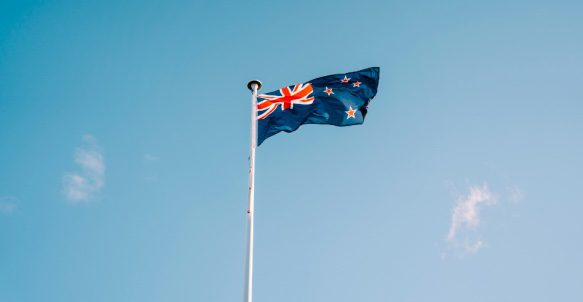
Long overdue due diligence laws are still missing in New Zealand
According to RNZ, the average household in New Zealand spends $77 per week on products linked to modern slavery. This figure comes five months after World Vision released a report called Risky Business: A Modern Slavery Risk Profile of Aotearoa New Zealand Businesses that exposed a harsh reality: “Most New Zealand Businesses are taking no action to address modern slavery in their supply chains.” World Vision had come to this conclusion after two years spent urging the New Zealand Government to implement modern slavery legislation alongside allied NGOs, businesses, and the public.
The findings
According to the report, of the 200+ businesses that were surveyed:
- Many businesses purchase products and services at high risk of modern slavery and worker exploitation
- 45% of businesses have little or no visibility of Teir 2 of their supply chain, heightening the risk of importing products produced with modern slavery
- 30% of businesses have little or no understanding of the modern slavery risks in their operations and supply chains
- 2/3 of businesses feel they do not have sufficient influence with suppliers to take action to manage modern slavery risks or respond if modern slavery is found
- 70% currently do not have any measures in place to address modern slavery risks within their supply chains
- On average, small businesses are as likely to source products at high risk of modern slavery as medium to large businesses
Rebekah Armstrong, head of advocacy and justice at World Vision states,
“It’s quite a shocking number. It’s the goods that we are using every single day that are risky, and I don’t think a lot of companies or consumers actually understand so many products are linked to these conditions.”
Of the products analyzed, electronics are the most likely product to come from modern slavery. Following electronics are products like clothing, shoes, toys, and foods such as bananas, fish, coffee and palm oil.
“the irony is crazy… it is a crazy conundrum to imagine that the toy our children are enjoying or the clothes that our children are wearing potentially was made by a child.” – Armstrong.
